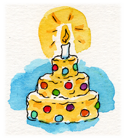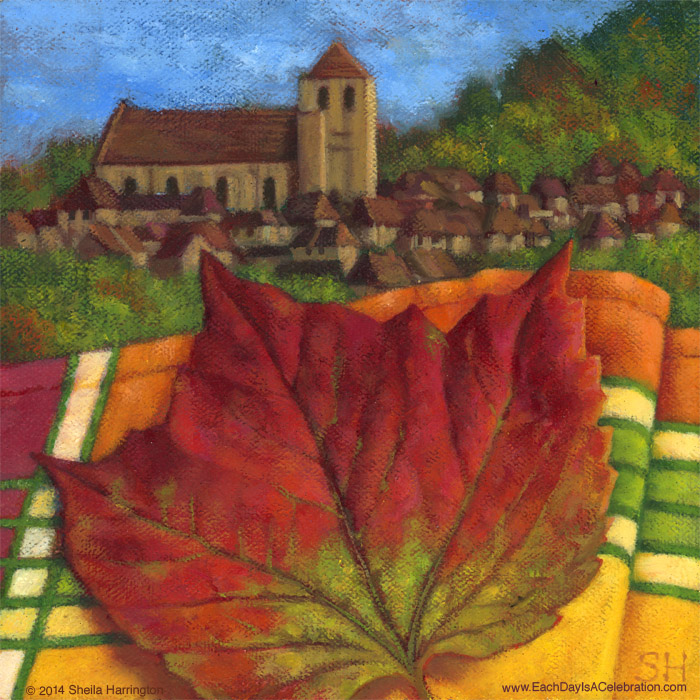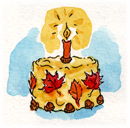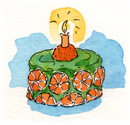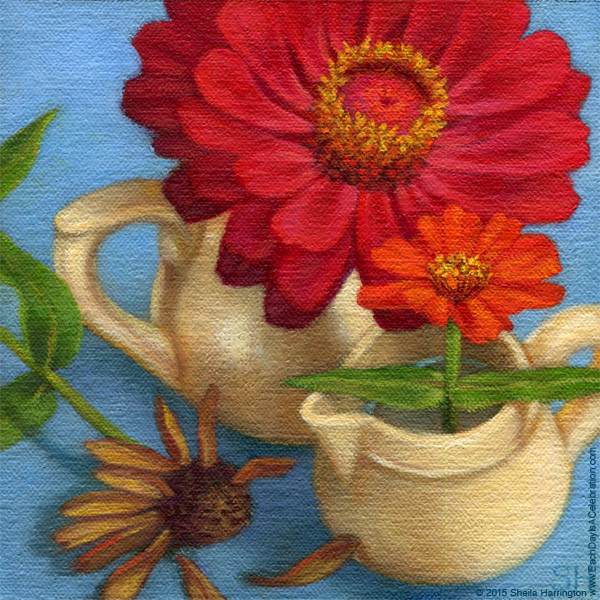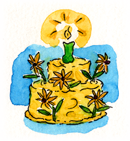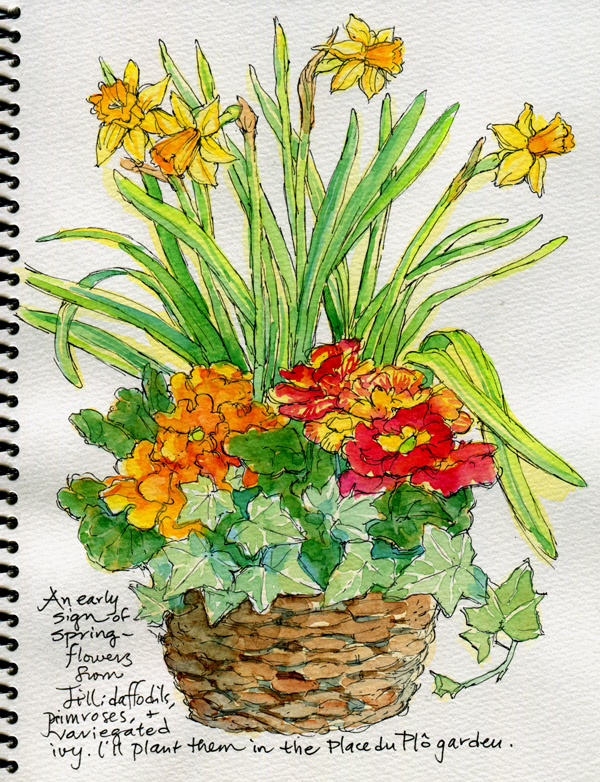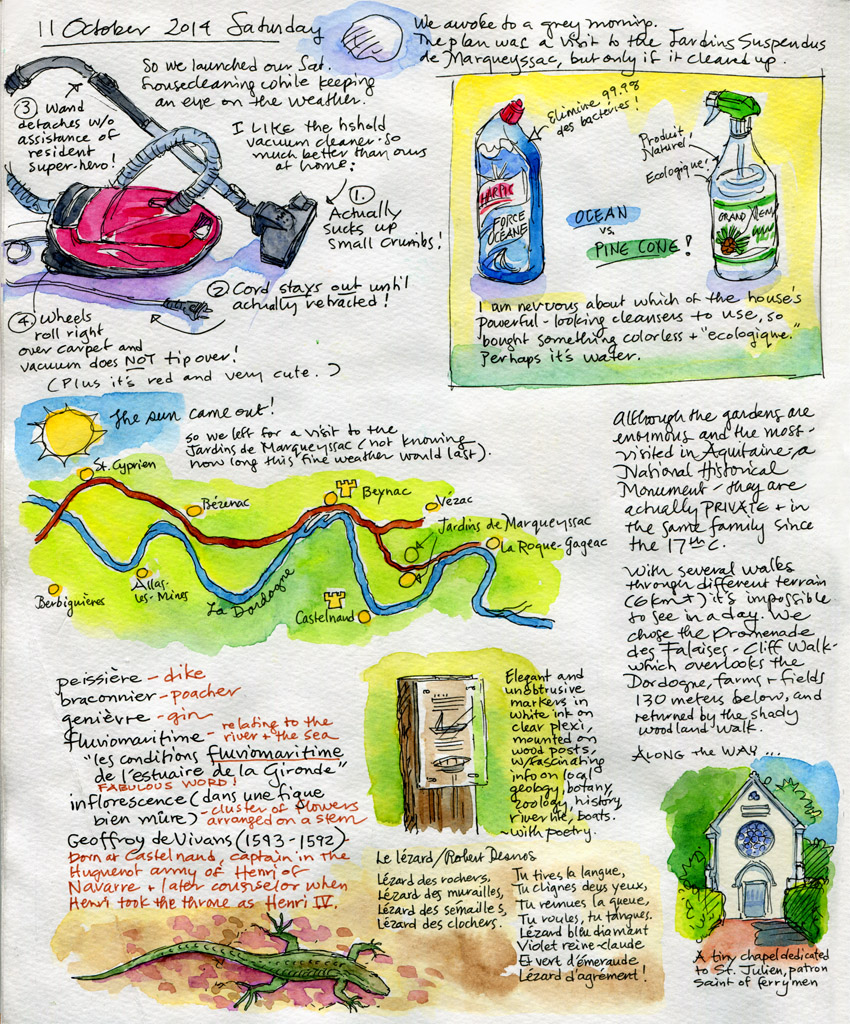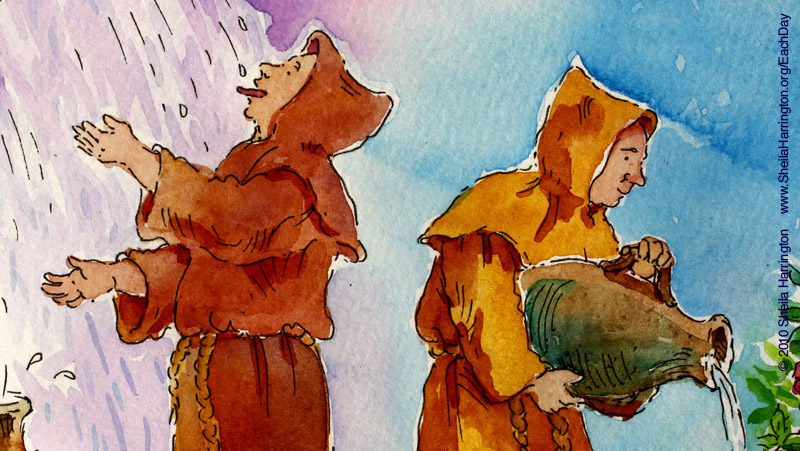A Hello to July, with a poem by Mary Oliver.

Come with me
into the field of sunflowers.
Their faces are burnished disks,
their dry spines
creak like ship masts,
their green leaves,
so heavy and many,
fill all day with the sticky
sugars of the sun.
Come with me
to visit the sunflowers,
they are shy
but want to be friends;
they have wonderful stories
of when they were young –
the important weather,
the wandering crows.
Don’t be afraid
to ask them questions!
Their bright faces,
which follow the sun,
will listen, and all
those rows of seeds –
each one a new life!
hope for a deeper acquaintance;
each of them, though it stands
in a crowd of many,
like a separate universe,
is lonely, the long work
of turning their lives
into a celebration
is not easy. Come
and let us talk with those modest faces,
the simple garments of leaves,
the coarse roots in the earth
so uprightly burning.
—Mary Oliver


